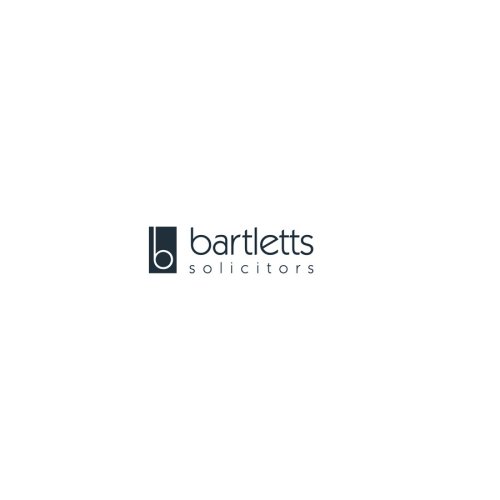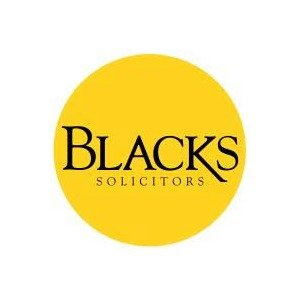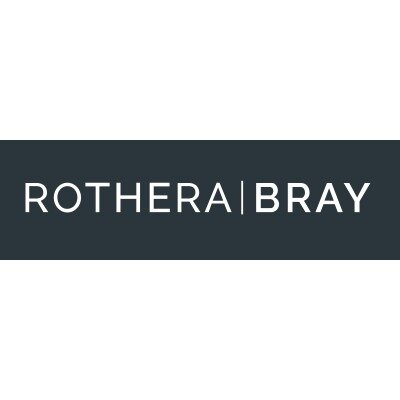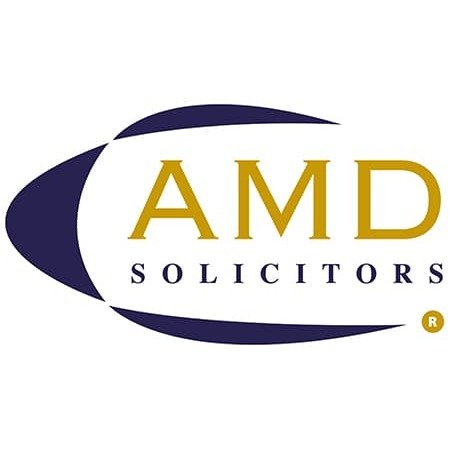Best FDA Law Lawyers in United Kingdom
Share your needs with us, get contacted by law firms.
Free. Takes 2 min.
Or refine your search by selecting a city:
List of the best lawyers in United Kingdom
Legal guides written by Crypto Legal:
- The Evolution of Crypto Fraud in 2025: Forensic and Legal Strategies for Prevention and Recovery
About FDA Law in United Kingdom
In the United Kingdom, what is commonly termed "FDA Law" elsewhere is more accurately governed by the regulatory framework surrounding medicines, medical devices, and food safety. While there is no agency called the FDA in the United Kingdom, the relevant authority is the Medicines and Healthcare products Regulatory Agency (MHRA). Certain responsibilities also fall under the Food Standards Agency (FSA). These bodies are responsible for licensing, monitoring, and regulating products to ensure public health, safety, and consumer protection. The UK regulatory system is robust and is designed to guarantee that medicines, foods, and medical devices meet strict safety, efficacy, and quality standards before they reach the market.
Why You May Need a Lawyer
Navigating the legal landscape of medical, pharmaceutical, and food regulations can be complex. People may require legal help in the following situations:
- Applying for a licence to market a new medicine, medical device, or food supplement
- Defending against enforcement actions, recalls, or product seizures initiated by regulatory agencies
- Ensuring food or medicinal product labeling complies with UK law
- Appealing regulatory decisions or sanctions issued by the MHRA or FSA
- Managing cross-border regulatory issues post-Brexit, including compliance with both UK and EU regulations
- Challenging or responding to product safety allegations
- Conducting due diligence in mergers and acquisitions involving regulated products
- Managing adverse event reporting and pharmacovigilance obligations
- Handling advertising and promotional compliance for medicinal or food products
Local Laws Overview
The UK has a comprehensive legal structure that governs the regulation of medicines, medical devices, and food. Some of the key legislative frameworks include:
- The Human Medicines Regulations 2012 - This primary legislation regulates the authorisation, sale, and supply of medicinal products.
- The Medicines and Medical Devices Act 2021 - Enhances and updates the regulatory regime for medical devices and medicines post-Brexit.
- The Food Safety Act 1990 - Establishes standards for the sale, preparation, and labeling of food, enforced by the Food Standards Agency.
- Product-specific regulations - For example, unique rules apply to herbal remedies, novel foods, and medical devices.
- Advertising controls - Strict controls exist on how medicines and medical devices can be advertised to the public and health professionals.
- Post-Brexit adaptation - UK rules now diverge from the European Union, particularly regarding authorisation procedures and recognition of EU approvals.
Compliance with these laws is mandatory for manufacturers, distributors, importers, retailers, and healthcare providers.
Frequently Asked Questions
What is the MHRA and what does it do?
The Medicines and Healthcare products Regulatory Agency (MHRA) is the UK's authority responsible for regulating medicines, medical devices, and blood components. It evaluates the safety, quality, and efficacy of these products before they are marketed.
Is US FDA approval valid in the United Kingdom?
No, products approved by the US FDA must separately be authorised by the MHRA or, for certain products, comply with relevant UK and European standards before being marketed in the UK.
How can a new medicine be approved in the UK?
A company must apply to the MHRA and provide comprehensive data on the medicine's safety, efficacy, and quality. Approval is only granted after rigorous review and is mandatory before any product can be lawfully marketed.
What are the penalties for non-compliance with UK medicines regulations?
Penalties can include product recalls, fines, criminal prosecution, suspension or withdrawal of product licences, or being banned from supplying certain products.
How are medical devices regulated in the UK?
Medical devices must meet the requirements set by the Medicines and Medical Devices Act 2021 and must be marked with the UKCA mark. Higher risk devices must undergo conformity assessment by an approved body.
Who enforces food safety and labeling regulations?
The Food Standards Agency (FSA), along with local authorities, monitors compliance with food safety and labeling laws in the UK.
Are dietary supplements regulated like medicines?
No, most dietary supplements are regulated as foods, but some may fall under special rules if they claim medicinal properties or contain certain ingredients.
Can I advertise medicines directly to UK consumers?
Advertising prescription-only medicines directly to the public is prohibited. Over-the-counter medicines can be advertised, but there are strict rules governing the content and claims made in such advertising.
How has Brexit affected regulations for medicines and medical devices?
Brexit has resulted in the UK developing its own regulatory system for medicines and medical devices, meaning companies must comply with both UK and, if exporting, EU rules.
What should I do if a regulatory authority contacts me about my product?
It is important to seek legal advice promptly. You should respond in a timely and cooperative manner while ensuring you understand your rights and obligations.
Additional Resources
If you need more information or guidance on regulatory matters, these organisations and resources can be helpful:
- Medicines and Healthcare products Regulatory Agency (MHRA)
- Food Standards Agency (FSA)
- Department of Health and Social Care
- Association of the British Pharmaceutical Industry (ABPI)
- British Medical Association (BMA)
- Local Trading Standards Authorities
Next Steps
If you need legal assistance relating to MHRA or FSA regulation, start by clearly identifying your issue, gathering all relevant documentation, and researching potential solicitors or law firms with expertise in medicines, medical device, or food law. Arrange a consultation to discuss your situation and options. Being proactive and well-prepared can help you resolve regulatory concerns efficiently and protect your business or personal interests. If you have received communication from a UK regulator, act quickly and seek professional advice to avoid escalation or penalties.
Lawzana helps you find the best lawyers and law firms in United Kingdom through a curated and pre-screened list of qualified legal professionals. Our platform offers rankings and detailed profiles of attorneys and law firms, allowing you to compare based on practice areas, including FDA Law, experience, and client feedback.
Each profile includes a description of the firm's areas of practice, client reviews, team members and partners, year of establishment, spoken languages, office locations, contact information, social media presence, and any published articles or resources. Most firms on our platform speak English and are experienced in both local and international legal matters.
Get a quote from top-rated law firms in United Kingdom — quickly, securely, and without unnecessary hassle.
Disclaimer:
The information provided on this page is for general informational purposes only and does not constitute legal advice. While we strive to ensure the accuracy and relevance of the content, legal information may change over time, and interpretations of the law can vary. You should always consult with a qualified legal professional for advice specific to your situation.
We disclaim all liability for actions taken or not taken based on the content of this page. If you believe any information is incorrect or outdated, please contact us, and we will review and update it where appropriate.
Browse fda law law firms by city in United Kingdom
Refine your search by selecting a city.

















